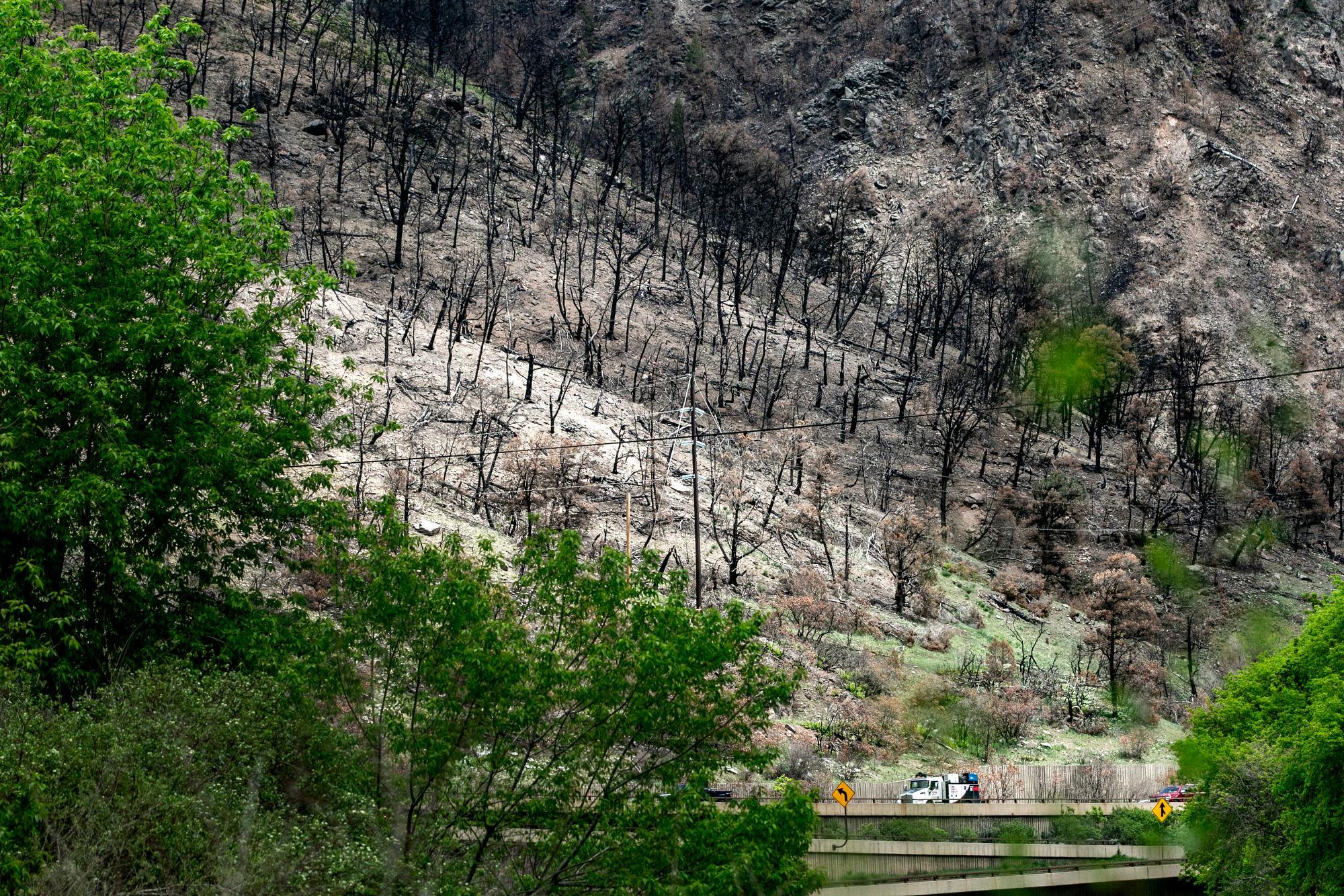
After Gov. Jared Polis threatened to veto her climate action bill, state Rep. Dominique Jackson, a Democratic state representative from Aurora, said the door was open to negotiations.
Now, after weeks of late-night meetings, Jackson said lawmakers were close to a final deal. The bill won’t go any further toward the governor’s desk, but key pieces of the plan will be added to other legislation to support environmental justice efforts.
“The governor has come to the table,” Jackson said. “I’m grateful, excited and looking forward to getting this bill across the finish line before we adjourn.”
In a written statement, Elizabeth Kosar, a spokesperson for Polis, praised the negotiations but stopped short of a commitment to sign the revised environmental justice bill. Instead, Kosar said future negotiations will follow up the legislature’s recent passage of a $5 billion transportation bill, which includes plans to promote electric vehicles and other climate policies.
"We welcome the opportunity to keep that momentum going by reaching agreement on additional climate legislation this session. We appreciate the sponsors working with us on our shared objectives,” Kosar said.
The original legislation, SB21-200, would have empowered state air regulators to enforce Colorado’s greenhouse gas emissions goals. Polis signed the targets into law in 2019. Since then, Democratic lawmakers have grown frustrated with the administration's climate strategy, which has paired narrow regulations with voluntary agreements from the private sector.
Environmental groups pushed the latest bill to force the governor to change course. It would have set emissions targets for different sectors of the Colorado economy, including electricity generation, oil and gas, heavy industry, transportation and buildings. It then called on state air officials to come up with a comprehensive enforcement plan by next summer.
Polis wasted no time blasting the plan. In a conversation with the Colorado Springs Gazette editorial board, he said it would give governor-appointed air regulators “near-dictatorial control of our entire economy.”
Those comments prompted a fierce response from the governor’s former allies in the environmental community. Groups like Conservation Colorado and the Sierra Club organized rallies against a veto. Meanwhile, major utilities, the oil and gas sector and some labor unions lobbied against the legislation.
Democratic state Sen. Faith Winter, a bill sponsor representing Westminster, said the deal preserves many pieces of the original legislation.
The state would still appoint an environmental justice board and an ombudsman to represent Colorado communities impacted by pollution. Companies would pay fees based on greenhouse gas emissions. It would also require new regulations for emissions reductions from the electric sector, the industrial sector and the oil and gas sector.
Winter said the biggest changes are the plans for transportation and buildings. Neither sector would face new regulations to enforce emission cuts under the negotiated plan.
“We have been asking for equity, measurability and enforceability when it comes to meeting our climate goals in five sectors,” Winter said. “We are going to have enforceability in three out of five sectors.”
While Winter said the core of the deal is done, lawmakers were still working out the final details as of Thursday afternoon.
The current legislative session ends June 12.








